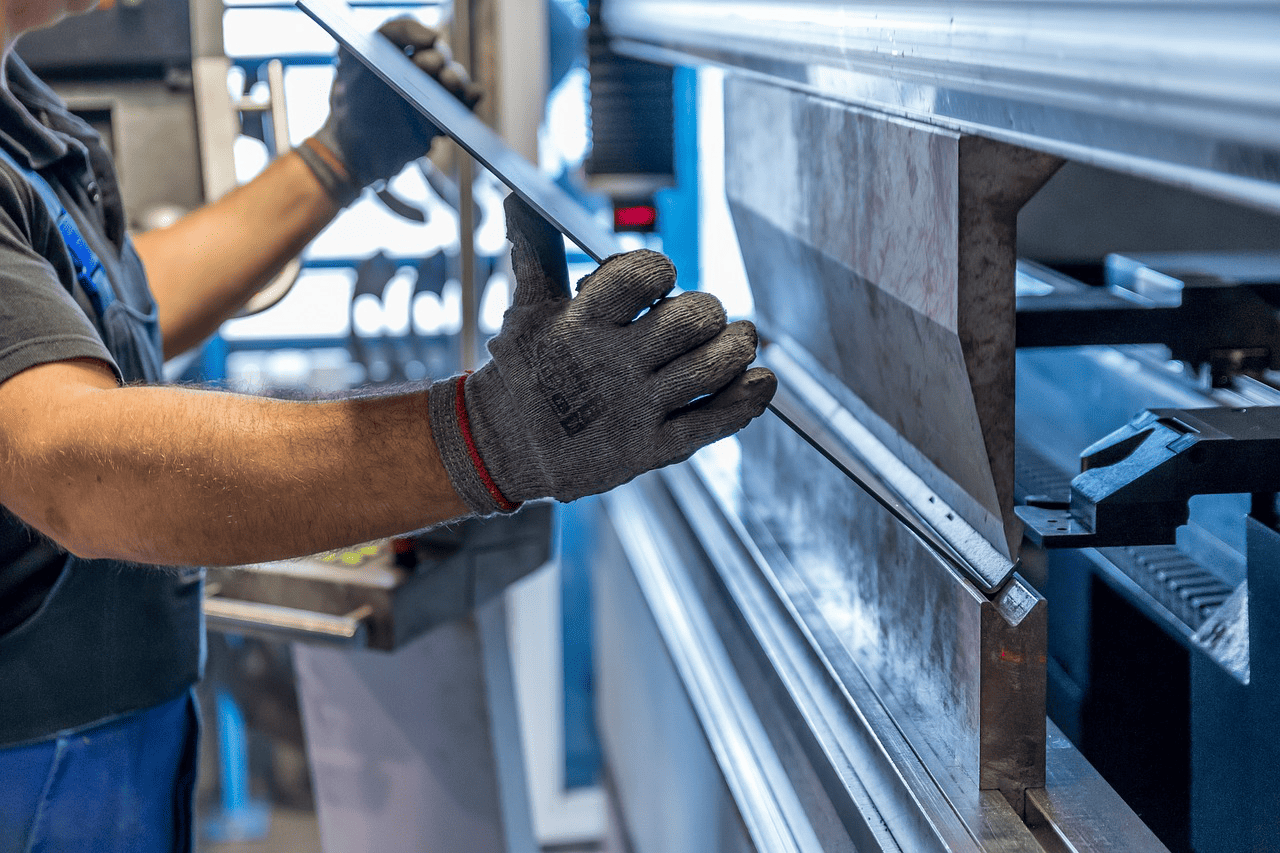
About Knopka Health
- Founders: Ivan Osadchyy, Kostyantyn Trunov, Dmytro Zhuravko
- Founded in: 2019
- Employees: 20
- Money raised: $90Kprivate investors, $125K non-equity funds, $40K by service grants like AWS.
- Ultimate goal: Reach and scale safety to every bed with medical assistance.
When his grandmother was hospitalized for a year in 2018, Ivan Osadchyy realized – even though he had worked as a nurse himself – how much medical personnel have to do all at once. “When I was sitting next to my grandmother’s hospital bed, I thought: something has to be done to improve healthcare and support nurses. A nurse is just one person who can’t be everywhere at the same time. So, it’s important to set priorities. Our idea is to magnify and automate that person at the patient’s bedside.
Which is why Osadchyy came up with Knopka: an automation system for patient care around medical beds. The “knopka” (“button” in Ukrainian) can be placed on any medical bed. While developing the system, he lived in a hospital for four months himself. In this instalment, Knopka’s founder and CEO talks about the system, the impact of the Russian invasion on his company and his ambitions.

What does Knopka do?
“Our system manages how quickly nurses can get to a patient and ensures that the patient receives the assistance they need. Specifically, it does three things: it alerts nurses if the patient has an abnormal heartbeat, if a patient needs medication, and when a patient presses the button themselves.”
“Let’s say a patient has surgery at 8 pm and needs antibiotics every two hours thereafter to prevent infections. If that is not done, the patient will not be able to go home the next day. But maybe the nurse is busy with another patient at that time, or doing administrative work. Our system then sends a notification: ‘You now have ten minutes to take care of this’. By letting an automated system set priorities, hospitals are able to organize their care more efficiently.

How does that work exactly?
“Knopka is a wireless, autonomous system that can be downloaded onto a smartphone. It is not rocket science, all the software is stored in the cloud, there is no complicated hardware. The system comprises a badge that monitors the patient’s heart rate in real time and a wireless alarm button. These are connected to the ‘Hub lamp’. That lamp collects all the data and connects the data to the cloud, so notifications will pop up on any linked devices that the nurses use, such as a smartwatch or a mobile phone.”

Do you have a lot of competition?
“We are certainly not the only company that is developing an automated system for hospital beds. I think that’s actually a good thing, that we’re all fighting to fix the same problem. Other systems are made up of a lot of bells and whistles and/or are difficult to use. Our main advantage lies in the fact that our system is very simple. It is installed within an hour and nurses don’t need any training before they can work with it. They carry a phone with them anyway, and Knopka simply sends them a notification on that phone. As I was sitting beside my grandmother in the hospital, I realized that there had to be an easy and scalable solution. Healthcare is already under a lot of pressure, there’s really no time for complicated systems there.”
What is the biggest challenge?
“It may sound a bit crazy during the time of the Russian invasion, but that was actually Covid-19. Of course, setting up a company and growing it while the air raid alarm is going off regularly is a challenge each and every day. But during the invasion, we feel support from all over the world. Especially from the Netherlands. Besides the Dutch people hosting our families and investments in our start-up, partners from our Dutch investor – Ramon Vigdor and Joachim Laqueur – paid our start-up community a visit last October. They attended the biggest Ukrainian Tech conference in Lviv: IT Arena. We were stuck in a bomb shelter under the Lviv Opera together. The fact that they did travel to us nevertheless feels extremely supportive. It was really very special.”
“During the pandemic, it was impossible to travel to foreign countries. Yet in January 2021, we did sell and deliver two hundred buttons to a hospital in Poland. I accompanied this shipment across the border myself. It was such a huge challenge to sell our product. Then I thought: if we can survive that, we’ll survive anything. Although I could never have imagined then that we would be this far in 2022.”

How is Knopka Health faring now, and where do you want to be in five years’ time?
“Before Russia’s total invasion in Ukraine, there were thirty hospitals departments in Ukraine that were using our product. We had a production line here in Ukraine, but we are now moving it to Poland. We don’t have a stable energy supply here. Although the plan was to move to Poland even before the pandemic and the invasion.”
“Currently two thousand beds are connected to our system, in three to five years that figure will be 500,000. That may sound like a lot, but it is still relatively few. For the sake of context, in Europe there are about 25 to 30 million beds equipped with a form of medical assistance. That number I am quoting is not just plucked out of thin air; we have done research into what is feasible. Our solution can be scaled up very easily. All we need is stable cooperation with our partners and distributors.”







